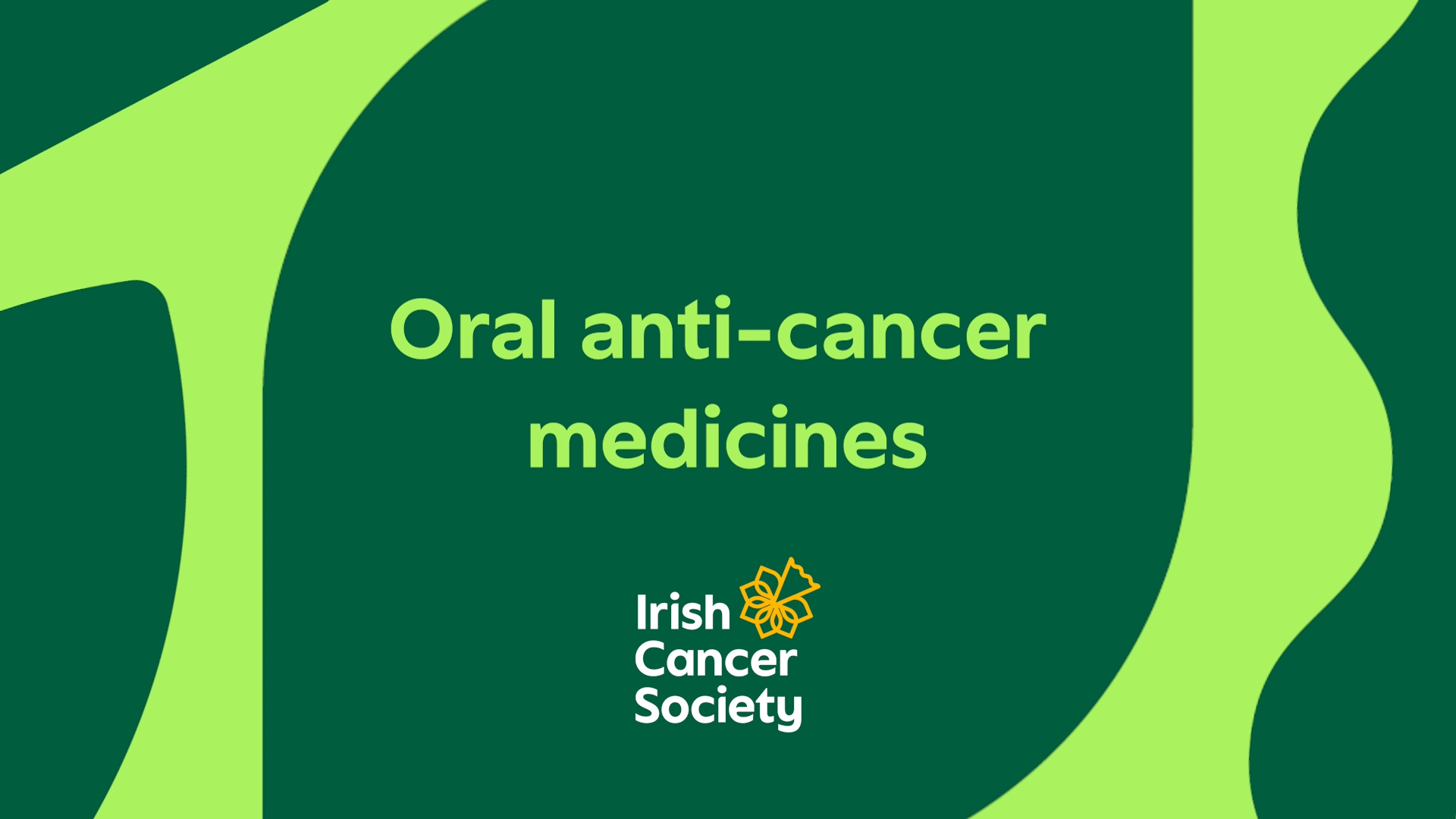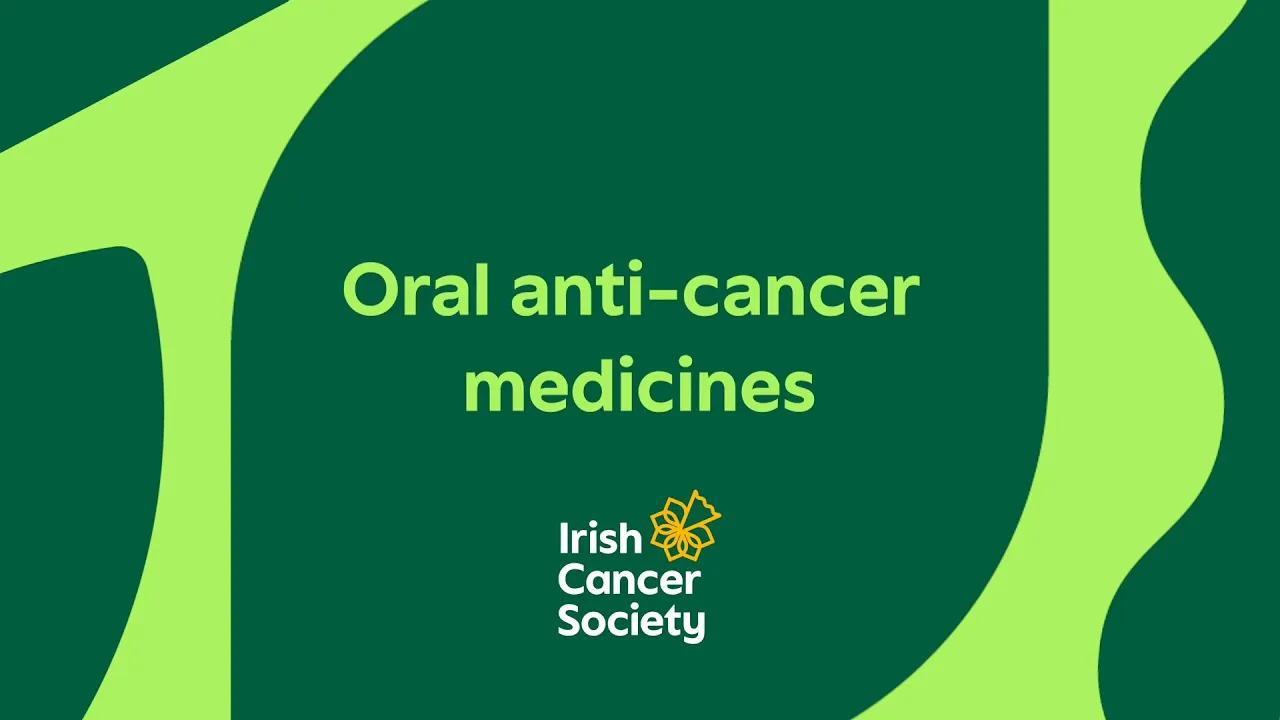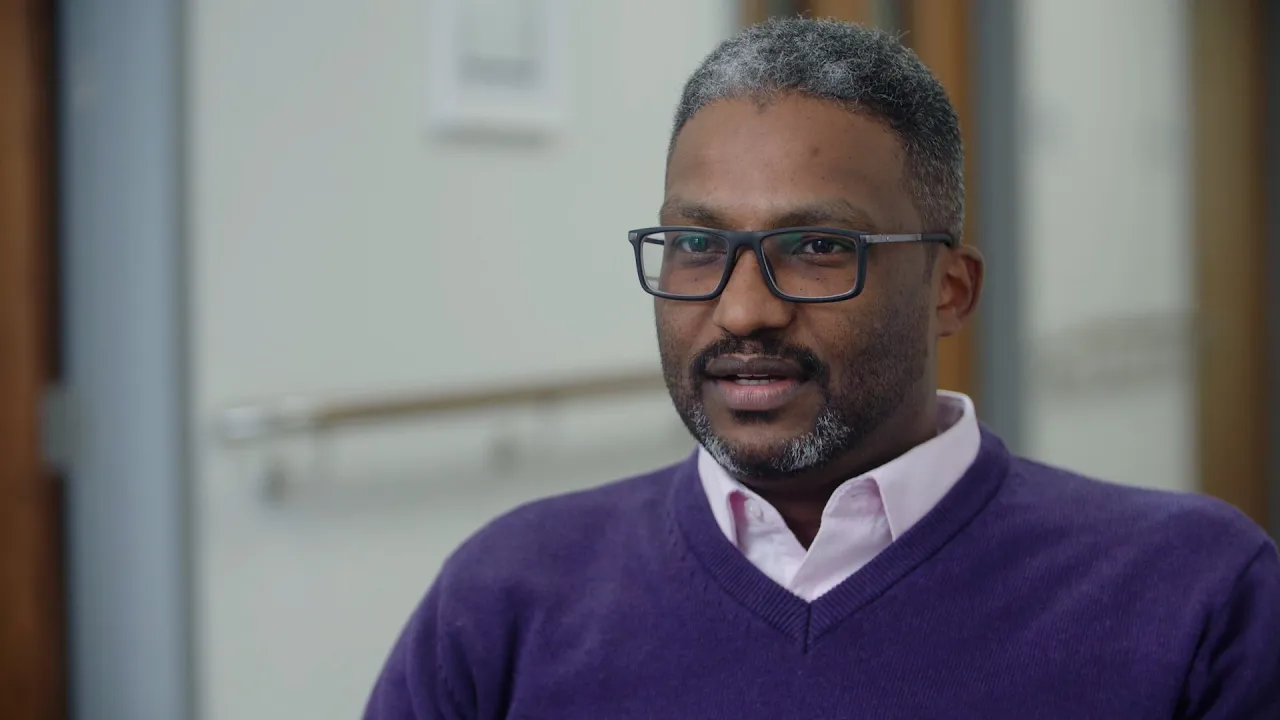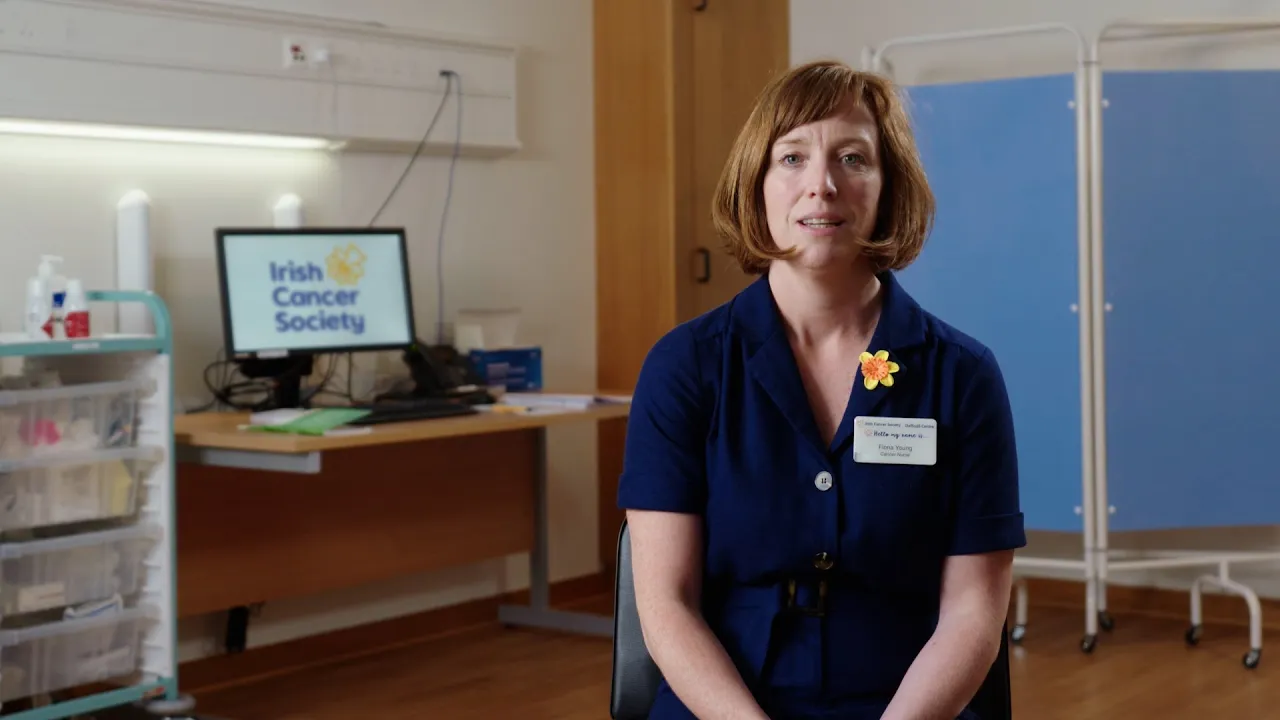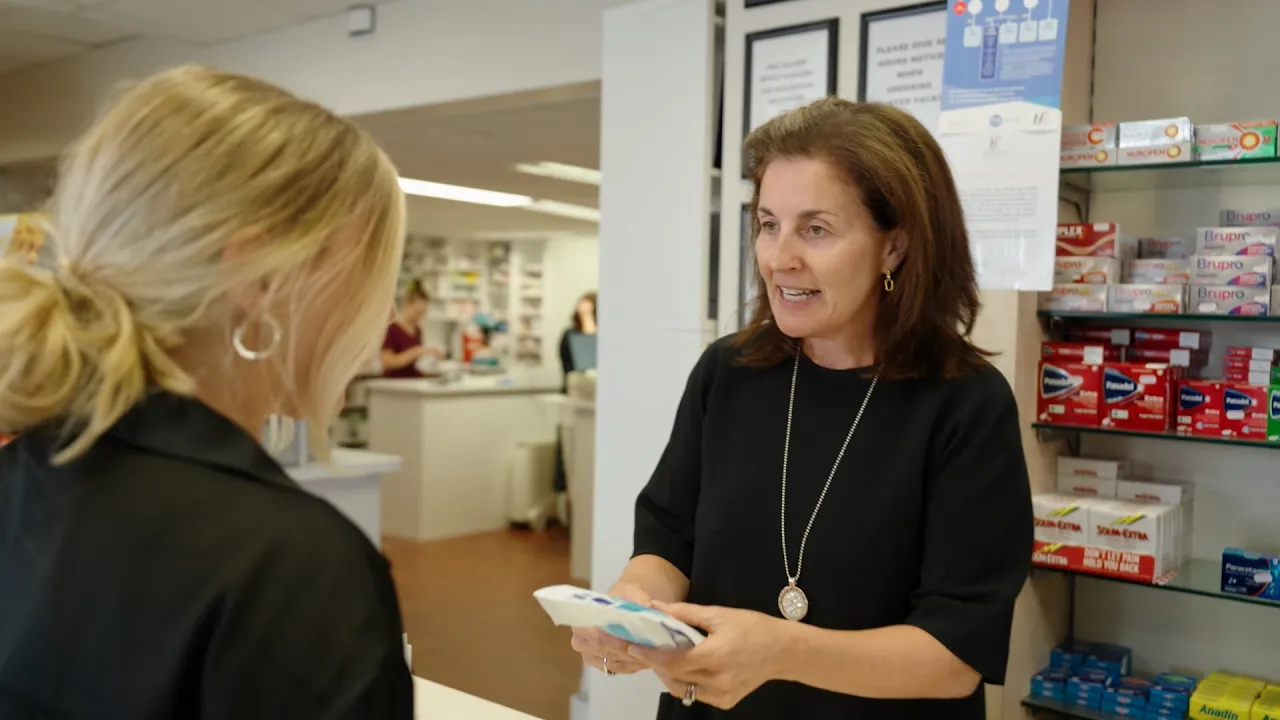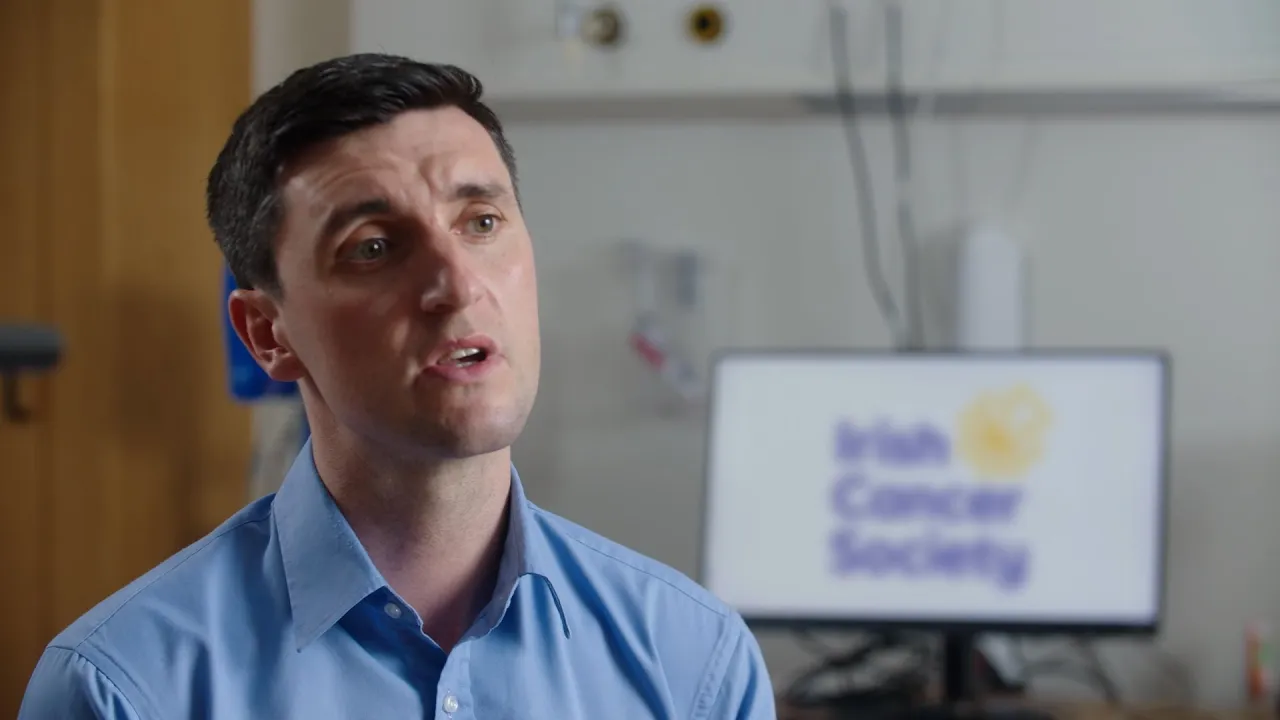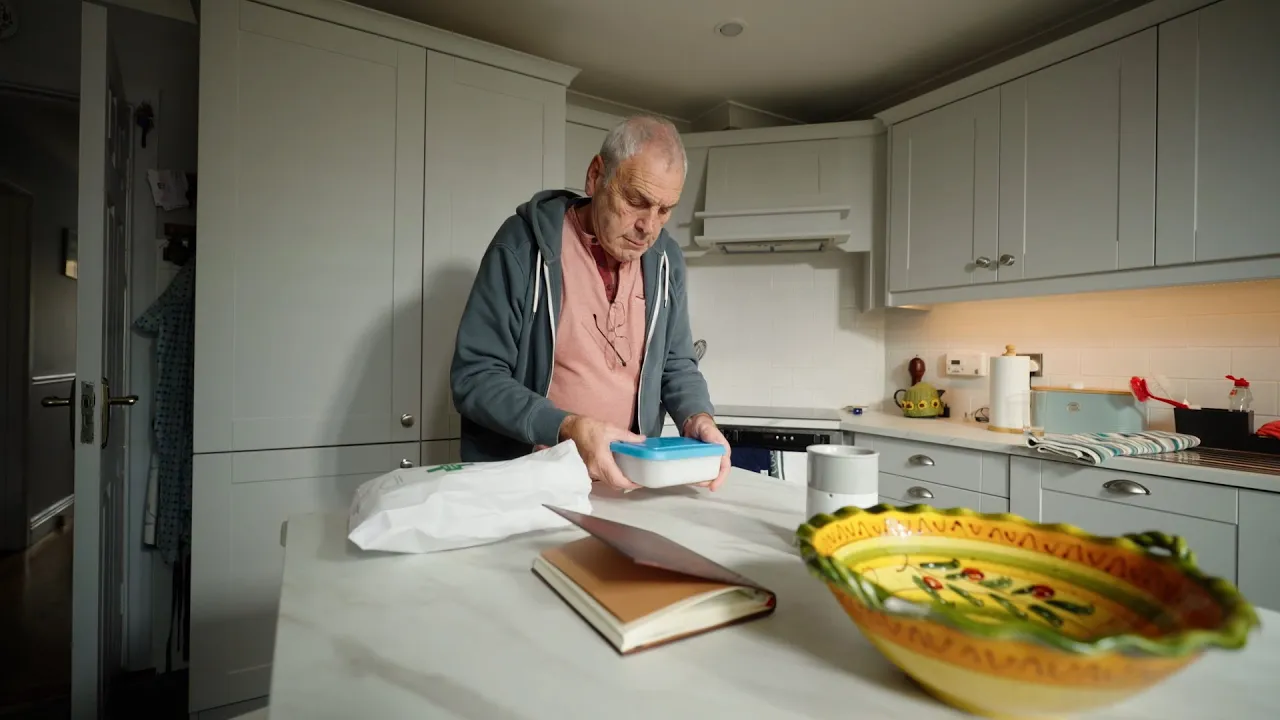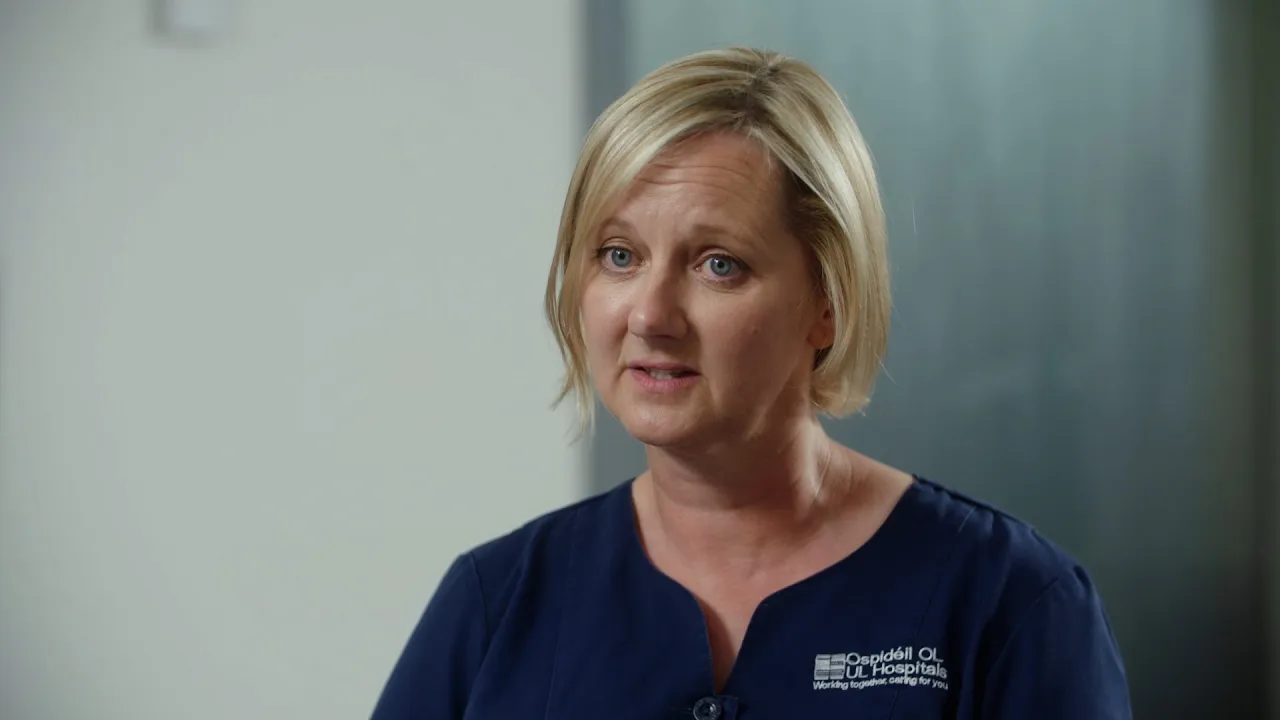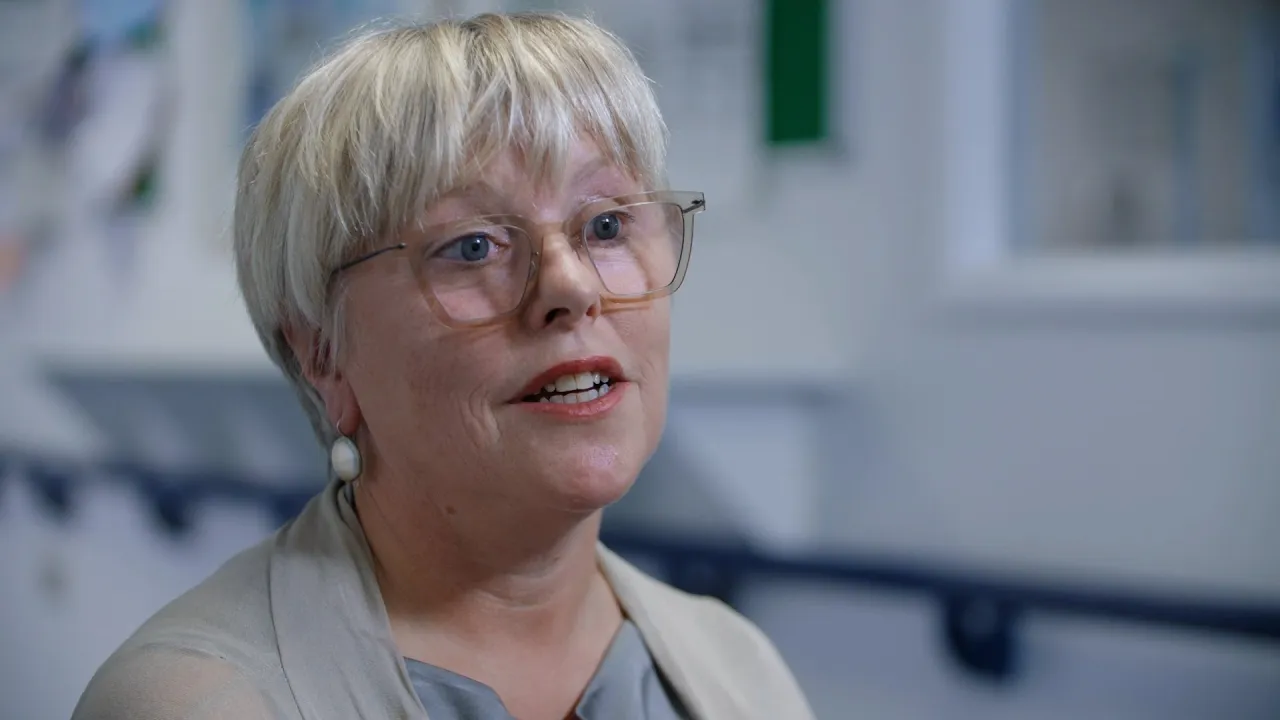Oral anti-cancer medicines 5: Taking your OAMs correctly
This video covers the importance of taking the correct dose, at the correct time(s) and for the recommended length of time when taking your medication at home.
0:03
Medication adherence includes consistently taking the correct dose at the correct time and for the recommended length of time. These medicines have been prescribed for your use only and should not be given to anyone else.
0:16
Always check the dose you need to take and at what intervals. This should be on the medications label on the container. For example, take twice a day with food.
0:25
You may need to combine tablets or capsules of different strengths to make the dose you need. Follow the instructions on the medicine label or as given to you by the pharmacist.
0:34
Again, if you are confused by the instructions or have questions, always contact your specialist nurse, pharmacist or your doctor at the hospital.
0:43
It is important to take your medication at the scheduled time and for the length of time as prescribed by your doctor. Some medicines are taken continuously; others are taken with planned breaks, so there may be days when you will not take the medicines. It is important that you know when to start and stop your medicines.
1:03
Taking less or more of the prescribed dose could be dangerous and may affect how well your treatment works. The reason we monitor this is because we want what is best for you.
1:13
If you accidentally take too many oral anti-cancer meds, or if you miss a dose, contact your pharmacist or specialist nurse immediately.
1:21
If you get sick or vomit after a dose, do not repeat the dose and take your next dose at the normal time. If you continue to get sick, contact your hospital, telephone triage service or specialist nurse.
1:33
The 2 keywords we use when we speak about adherence is: routine and reminder. Lifestyle and shift patterns must be considered when you are making your plan. Then put in as many tricks and reminders in place as you can until adherence becomes second nature.
1:49
Check the label on your medication for any special instructions about taking it with or without food, fasting periods, etc. or if there are any foods or liquids you need to avoid. Certain foods can increase or decrease drug levels.
2:02
If you have to attend your GP, dentist or hospital for another reason other than your cancer, make sure you have a list of medicines that you are taking and let them know that you are taking oral anti-cancer medicines.
2:14
If you aren't used to taking medication, it can be difficult to remember that you need to take your tablets at a certain time every day and maybe more than once a day. But as these are medicines that are treating your cancer it is important that you take your drugs as prescribed by the doctor.
2:30
Make a plan and create a routine. You may find it helpful to use alarms or a specially created calendar with the name of the drug and the time it needs to be taken, printed or written on it. Once you have taken your medication, you can tick beside the date and time. You may find it helpful to keep it in a place where you’ll remember to fill it in, such as next to your bed, near your kitchen table, in the bathroom or on the fridge.
2:54
Don't be afraid to ask for help from family and friends, as they can be very helpful and supportive while you are going through treatment. They can act as your reminder.
3:03
We rely on you to report back to us if you miss any doses or experience any side-effects. Report, report, report. Remember, we are here to support you.
Oral anti-cancer medicines playlist
